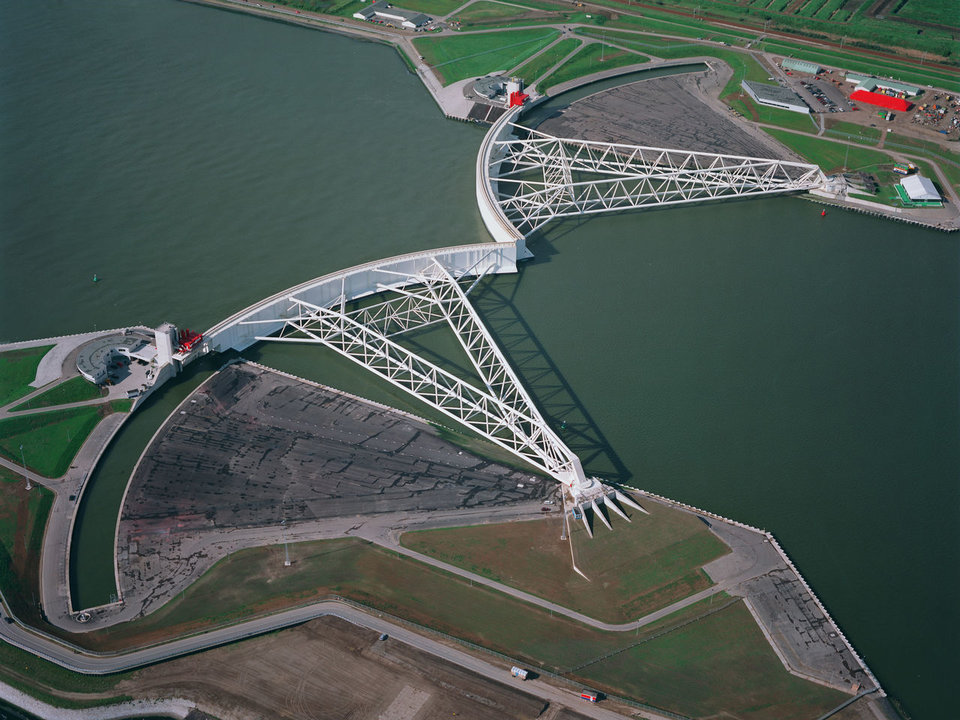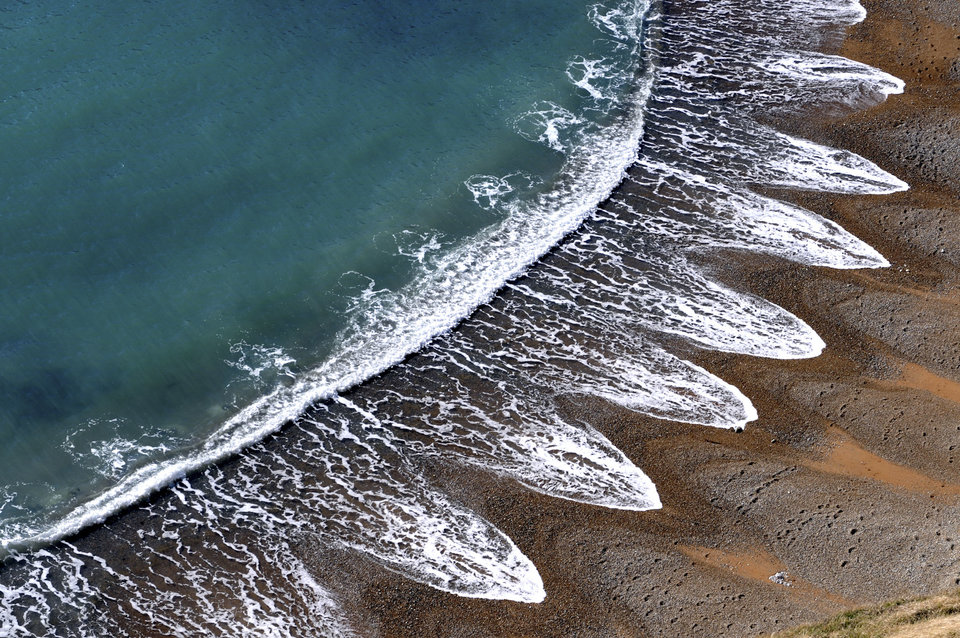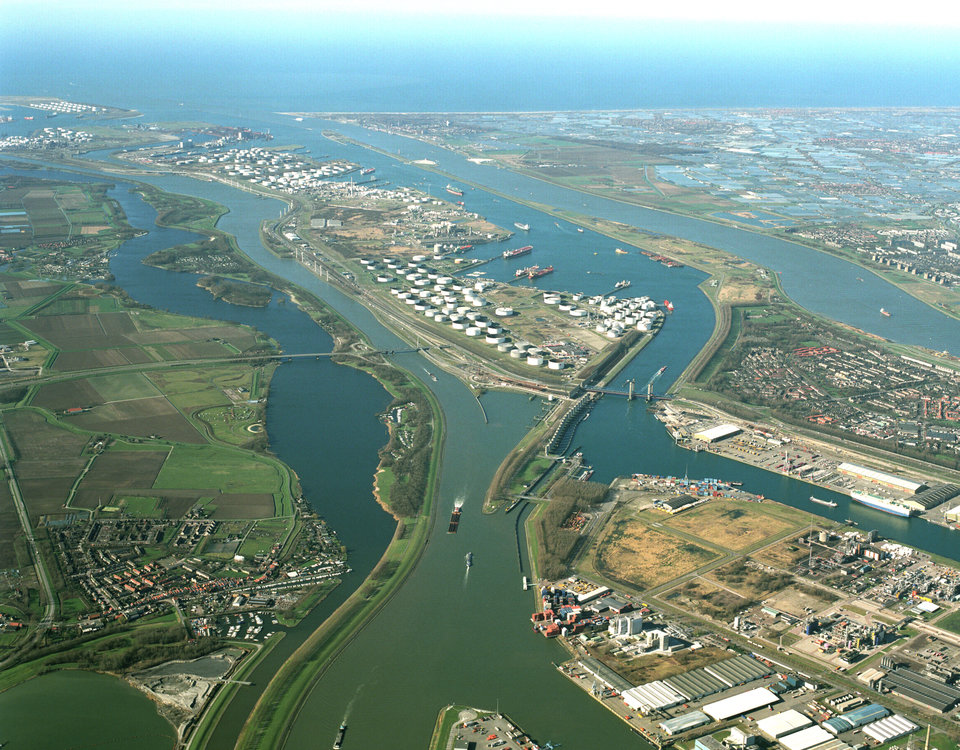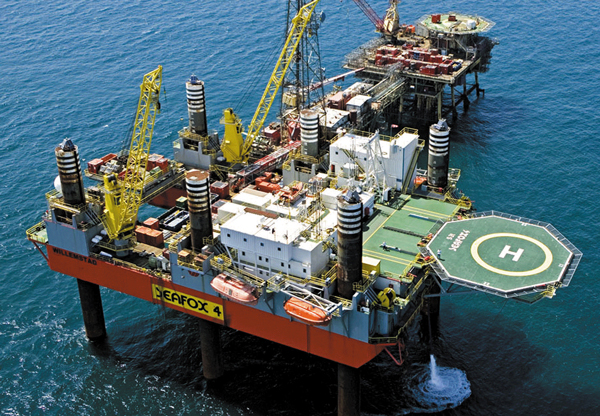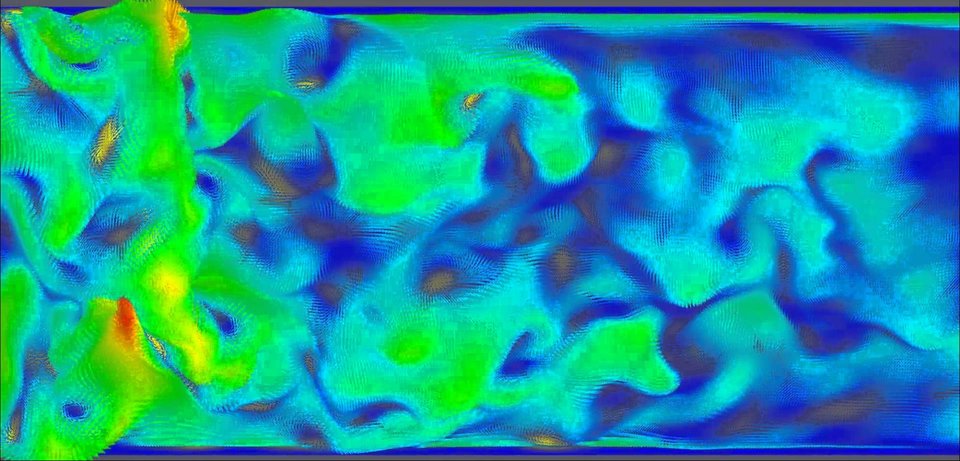Research Program
Research in Hydraulic Engineering aims at formulating and resolving water-related academic research problems that contribute to the well-being of people living, working and recreating in deltaic areas. More specifically, our research deals with societal needs like protection against flooding and droughts, regulating water for agriculture and industry, and providing infrastructure for safe and efficient waterways and ports. Also the enhancement of the design of structures for offshore extraction of fossil fuels (crude oil and natural gas) and structures for the exploitation of water and offshore wind power for the supply of electricity reside in the sphere of activity of our research.

Continuing climate fluctuations, subsidence, demographic developments, economic growth, urbanisation and a changing social-political context cause societal problems and scientific challenges. Moreover, prosperity increase has contributed to the awareness of the importance of a healthy, attractive and sustainable natural environment. This requires our research to be carried out a modern integral policy that incorporates ecology and multifunctional use of space, next to traditional economic aspects. Our research aims at midterm and long-term problems that require an academically based scientific approach combined with ingenuity and social awareness.
To accomplish its goal, we educate BSc-, MSc- and PhD-graduates who have a broad orientation in combination with a technical specialization, to be able to constructively contribute to realistic, adaptive and sustainable design in the field of hydraulic and offshore engineering. This goal comprises the three aims of a technical university: the education of engineers on a scientific basis, the execution of research to extend scientific knowledge, and the contribution to society in formulating its problems and finding appropriate solutions. The department of Hydraulic Engineering is very successful in accomplishing this goal, since it is among the world’s leading entities in its field.

Our research tries to solve water-related research problems and in that way contributes to the well-being of people living, working and recreating in deltaic areas. One of the duties of our research is to maintain the reputation of Dutch hydraulic engineering. Within the Dutch academic world our research group is the only that possesses expertise in realistic design of hydraulic systems in deltaic areas and is therefore the only group that is able to pass on this experience to new generations of engineers and PhD-graduates. Both education and research are to a large extent stimulated by this urge.
Practically spoken, all our research efforts are aimed at serving society. Because of the nature of our research, this contribution becomes practically available after a medium-term period, but sometimes more direct, like in the case of the Ampelmann ship-based self-stabilizing platform. Also the attempts to integrate environmental issues in research have led to enhanced solutions, like the 'sand-engine' and the design of multi-functional flood defences.
In the context of flood protection and adaptation to climate change, accurate prediction tools for water levels and loads on structures are indispensable. Provided the value of properties that need to be protected and the high costs of the measures to be taken, a thorough understanding of the governing processes is needed especially when it concerns unprecedented extreme conditions. For those conditions, relying on extrapolations from current conditions is inadequate and leads to undesirable inaccuracies.
The same holds for substantial modifications to water systems and for the flooding of cities and polders. Our research therefore aims at understanding the fluid mechanical processes as they are occurring in environmental flows with practical relevance in water management and hydraulic engineering. Our group also develops methods and tools for applications in these fields, in particular software and experimental techniques.

In most man-made and natural water systems, the free surface plays an important role. Free surface waves and flows are considered as well as transport processes including salinity and sediment, and fluid structure interactions. Understanding the physical processes allows the development of predictive mathematical and numerical models that can be used in the engineering practice. In many cases laboratory experiments on schematized geometries are preformed to help identifying the important physical processes and to quantify their effects. The resulting models usually need calibration and verification with laboratory and field data. The combination of experimental research, in the laboratory and in the field, and the development of numerical modelling tools has proven to be very successful.
Already more than 20 years our group has a leading position having a big impact on design and decision making of the flood defence systems in the Netherlands and beyond. An important indicator of excellent performance is given by the maximum scores obtained at the three previous external evaluations of the research performed by the section. Another indicator is the extensive worldwide use of the wave and flow models developed in our group. Furthermore the members of our group are all internationally active in different fora on their respective research theme.
The group has the leading role in the world-wide community of researchers, developers and users in the area of shallow wave modelling. To give an example: The SWAN (Simulating Waves Near shore) model has more than 1000 users worldwide. After a recent update about 200 downloads were counted during one day whereas on average 50 visitors per day download the model. The recently released SWASH (Simulating WAves until SHore) model already has a few hundred users.
Our waterlab is regularly involved in experimental testing of innovative ideas (e.g. fish friendly Archimedes pump, drum sieve water intake, harvesting tidal energy, innovative groyne design, dike and breakwater design).
For information on the details of our research is referred to the individual research groups:
